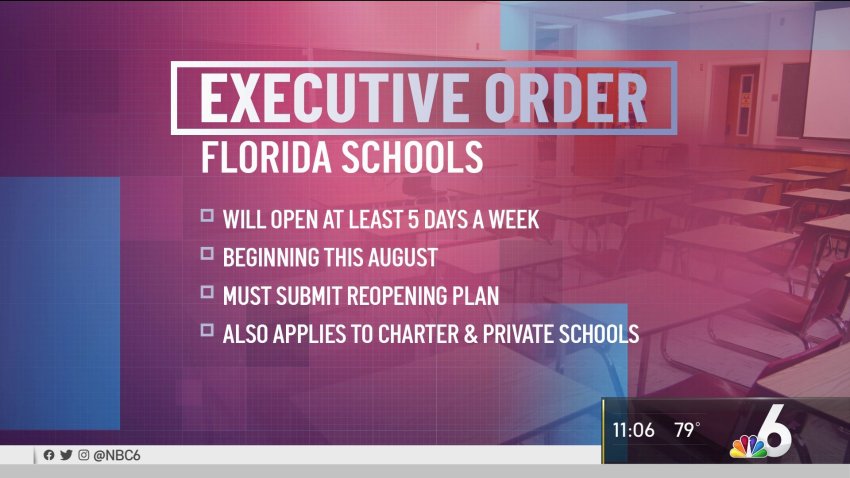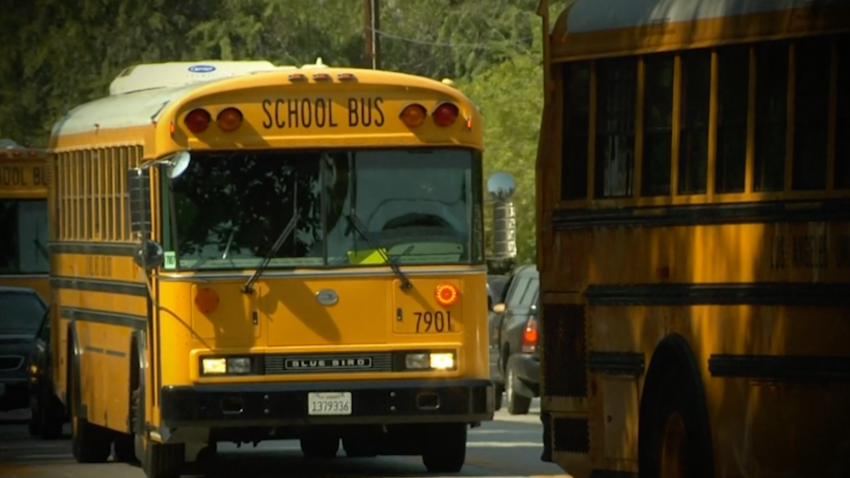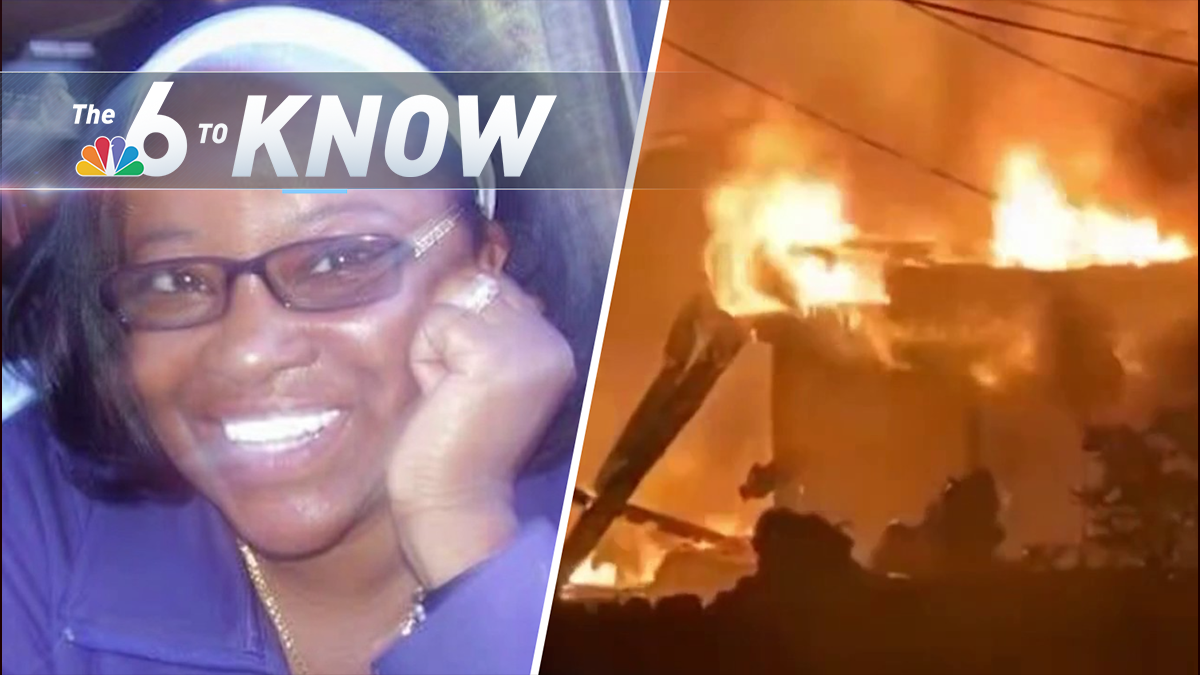School superintendents in Miami-Dade and Broward, Alberto Carvalho and Robert Runcie, react to Florida’s order that schools reopen for the 2020-2021 school year.
The Broward County School Board is still working on reopening plans for the upcoming school year after the state's education commissioner ordered schools to reopen in August, but the head of the county's schools said it's unlikely all schools will reopen with full enrollment.
Speaking during a video meeting Tuesday, Superintendent Robert Runcie said Broward Public Schools are working to comply with the state order but said it will be up to the district to determine how schools will reopen.
"At this time, we do not see a realistic path to opening all district schools with 100 percent full enrollment every day as we were before we closed schools due to the coronavirus pandemic," Runcie said.
On Monday, Florida Education Commissioner Richard Corcoran ordered public schools to reopen for the 2020-2021 school year with "the full panoply of services for the benefit of Florida students and families."
Schools throughout the state closed in March amid the coronavirus pandemic, with students shifting to online learning.
In his emergency order, Corcoran stressed the importance of reopening brick and mortar schools to students.

Local
"There is a need to open schools fully to ensure the quality and continuity of the education process, the comprehensive well-being of students and families and a return to Florida hitting its full economic stride," Corcoran wrote.
Broward Schools, like others, are weighing their options, looking at full-time remote learning, a possible hybrid model in which students alternate between staying at home and going to class, and a return to full time instruction in the classroom.
Runcie said that in a recent parent survey that received more than 72,000 responses, 26% percent supported full-time remote learning, 37% supported the hybrid model, and 34% supported full-time in-class instruction.
The Broward Teachers Union supports the full-time school model, but only if social distancing and other safety precautions are instituted.

Runcie said regardless of the plan put in place by next month, schools could move to full-time remote learning if the pandemic gets worse, or could move to more in-class instruction if the situation improves.
Runcie said he's often been told that if Denmark, Israel and South Korea can reopen their schools, he should also be able to.
"The problem with these examples is they leave out a very important context: these are countries that unlike the United States have had a competent, effective national response to this crisis and have halted the spread of this virus so they can now contain any local outbreak before it becomes widespread," Runcie said.



